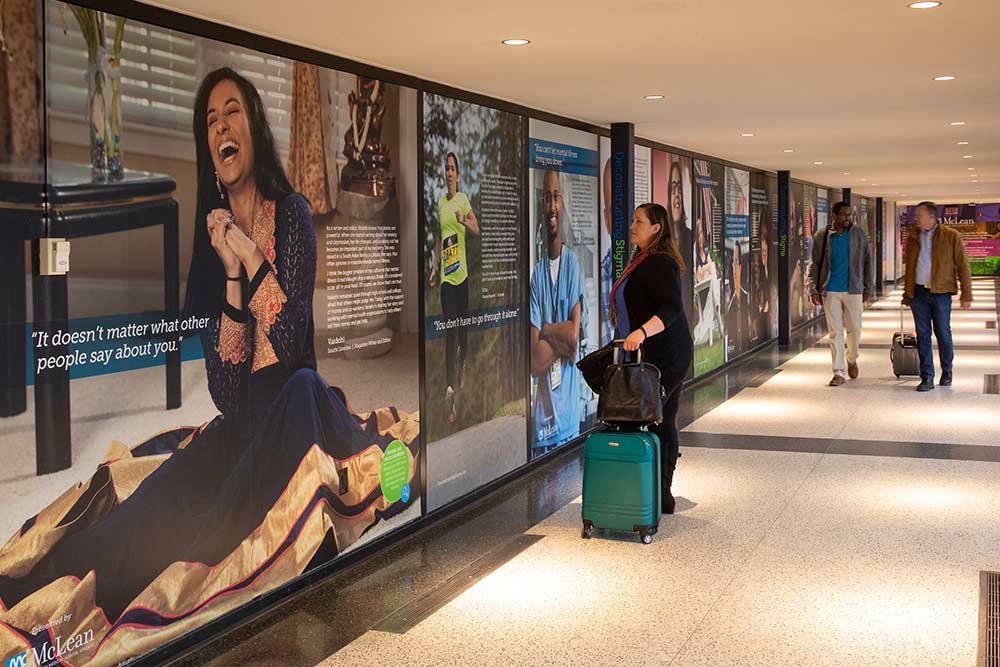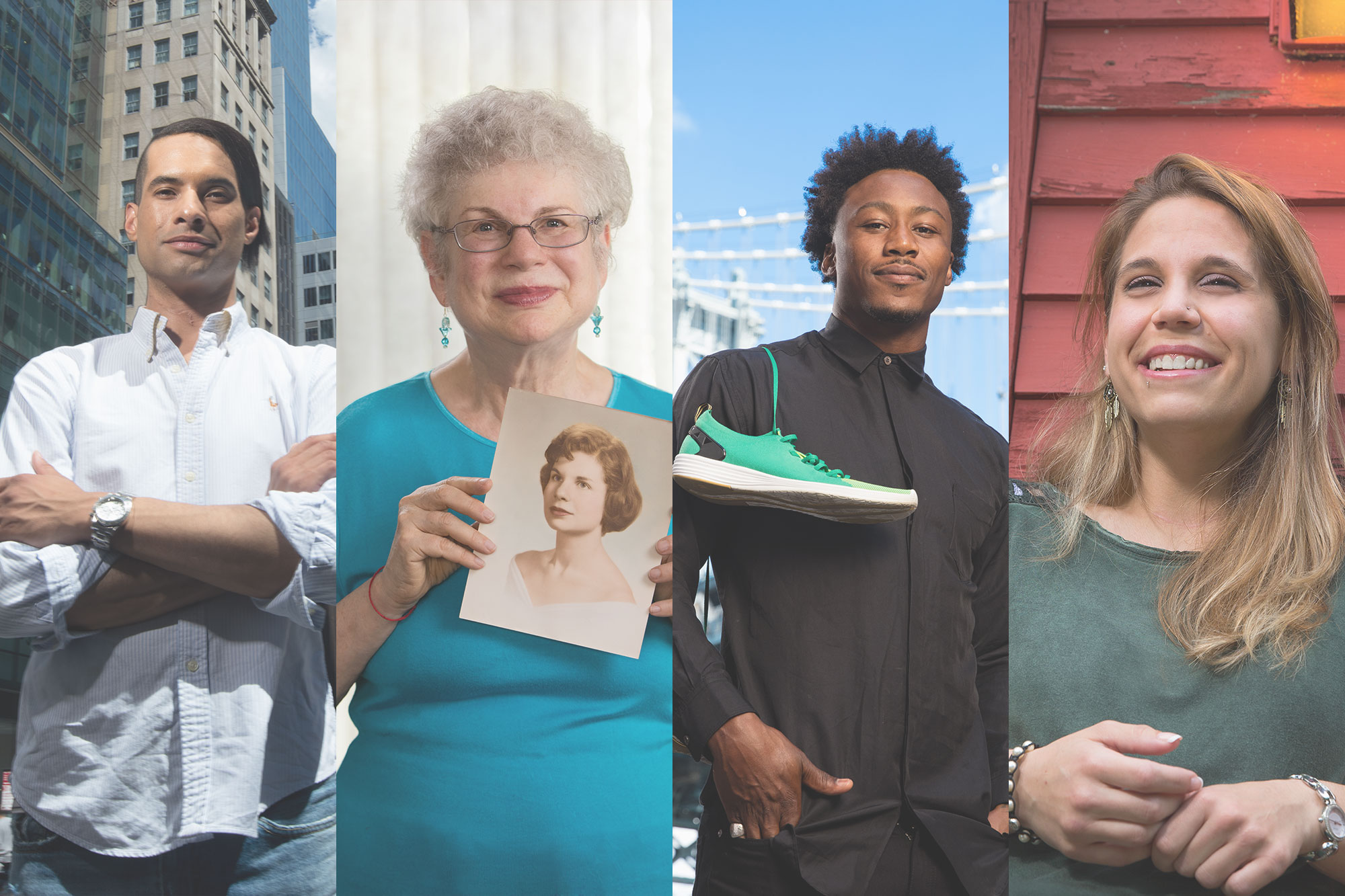Now, I live for the present moment, accept humility and embrace my part in my story
Ky is grateful she was raised in a loving home. But growing up was still hard. Diagnosed with attention-deficit hyperactivity disorder (ADHD) and a learning disability, Ky struggled academically.
I had trouble retaining and understanding information. I was in special education classes, and I felt I did not matter.
In high school, Ky was sexually assaulted.
It was date rape. I had gone through that trauma, and I held it inside. I didn’t say a word about it. I didn’t get anyone involved. Throughout that time, I was struggling to figure out, ‘Why did this happen?’
Ky also faced the pain of stigma for her sexual identity. Although she excelled in sports, she was ostracized by her teammates, and even her coach.
As supportive as my family was, there was only so much that my mom and dad could do.
When Ky was 18, she went to the dentist for a toothache and was prescribed oxycontin. The drug blunted the physical pain as well as the emotional distress she had held inside for so long.
That’s what started the addiction. I wasn’t even aware I wouldn’t be able to stop.
She began to misuse other substances and drink heavily. After high school, she moved from her small hometown in Rhode Island to Austin, Texas. There, the extroverted Ky found the excitement and city life she craved, but her substance use escalated.
I would DJ on Friday nights and then the next day I would spend the weekend, from Saturday to Sunday evening, between bars and partying.
Through it all, she pursued a degree in early education. Inspired by her younger brother’s mental illness, she specialized in the areas of special needs and attachment.
She eventually finished college and worked as a special education teacher for two decades. Even though her lifestyle changed, her substance use continued.
I would take two or three pills, then I would have a glass of whiskey at five o’clock, and I’d have another glass of whiskey at seven.
She spent those years in a cycle of misusing substances, entering rebab, and returning to substances. She kept her addiction hidden.
I was always at the top of my game at work. I was a reputable teacher, assistant director, and administrator. I grabbed onto everything that I could possibly do. I just felt like I was going and going and going.
Everything stopped in 2019 when she overdosed in her apartment in Austin. At that point, she decided to return home to Rhode Island for treatment.
Ky initially received inpatient treatment in a psychiatric hospital for borderline personality disorder (BPD) and substance use disorder. When the pandemic struck in 2020, she moved in with her parents.
The situation proved to be ideal—Ky’s family was supportive, and their home was substance-free. Ky discovered online therapy and online recovery meetings.
I was really scared of the virus. I didn’t want to go to hospital visits. I didn’t have a car. So I did everything online, and it saved me.
With Zoom meetings and telehealth, you turn your camera on, and you can be in the same room for an hour with people all over the world. That satisfied the extroverted part me I wanted to keep. I felt safe in my house, in my recliner. I was able to log on and listen to the meetings, and it’s helped so much.
For the past year, Ky has been in a healthy relationship. She continues to attend online meetings and is in the process of earning a peer recovery coach certification. She also serves as a mental health advocate, sharing her experiences with others who have similar struggles.
Because her family is loving and supportive, Ky always wanted to heal for them. She realizes she has found long-term recovery because she is now doing the work for herself.
My recovery was always about pleasing other people and being sober or clean for someone else. It took moving back to the state I grew up in and a pandemic to finally want to be clean and sober for myself.
Now, I live for the present moment, accept humility and embrace my part in my story, strong and unapologetically. We got this!

